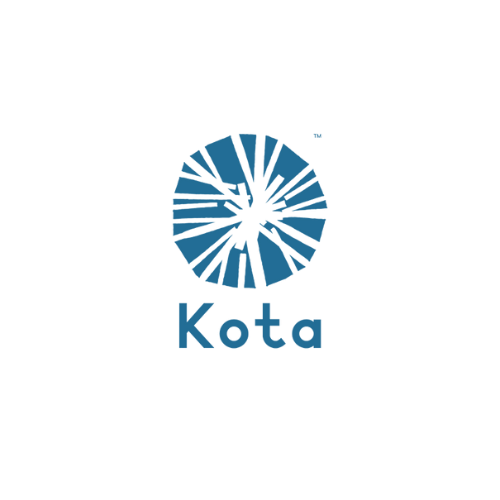Menstrual Health Management matters. Period.
By: Nadia El Hannari
349 events from Kenya to Togo, 18,000 tweets, and more than 280 news articles – the 4th annual Menstrual Hygiene Day (MH Day) on May 28th brought wide attention to the global issue of women facing challenges in managing their menstruation. By bringing together non-profits, the private sector, government agencies and the media, awareness about menstrual hygiene challenges around the world and education on menstrual hygiene management, the day spurred much needed discussion and action.
Challenges women and girls face managing their menstruation vary: from social norms and lack of education about menstrual health management, to socio-economic factors making managing periods with dignity a challenge. In India, 72 % of women do not maintain menstrual hygiene, leading to many health issues. This is caused largely by poor knowledge of menstrual hygiene management. In Nepal, the tradition of chhaupadi still exists in rural areas, even though deemed illegal by the local government. Women are considered impure during menstruation, and therefore have to stay isolated away from their home: in cattle sheds or huts, and banned from consuming nutritious foods in fear of them contaminating the foods.
Menstrual health is not only an issue in developing countries where the underlying problem is usually in social and cultural beliefs and lack of education. In developed nations, economic hardship cause women to not be able to take care of their health as needed. In England, school girls having to use socks as pads made national headlines and shined light on the issue on the struggle low-income girls and women face every month trying to take care of their menstrual health.
In the United States, the struggles are similar. Recently, especially the case of homeless and incarcerated women has been discussed. Women in jail have been reported not being able to afford expensive sanitary products from commissary, or being denied access to them altogether. In February, a bill called Menstrual Equity For All Act of 2017 was introduced – a great bill emphasizing the importance of menstrual health management, and the issue of inequality women face due to their economic standing.
It is clear that menstrual health needs to be discussed, and MH Day has created a platform that reaches individuals, community leaders and national decision-makers worldwide.
